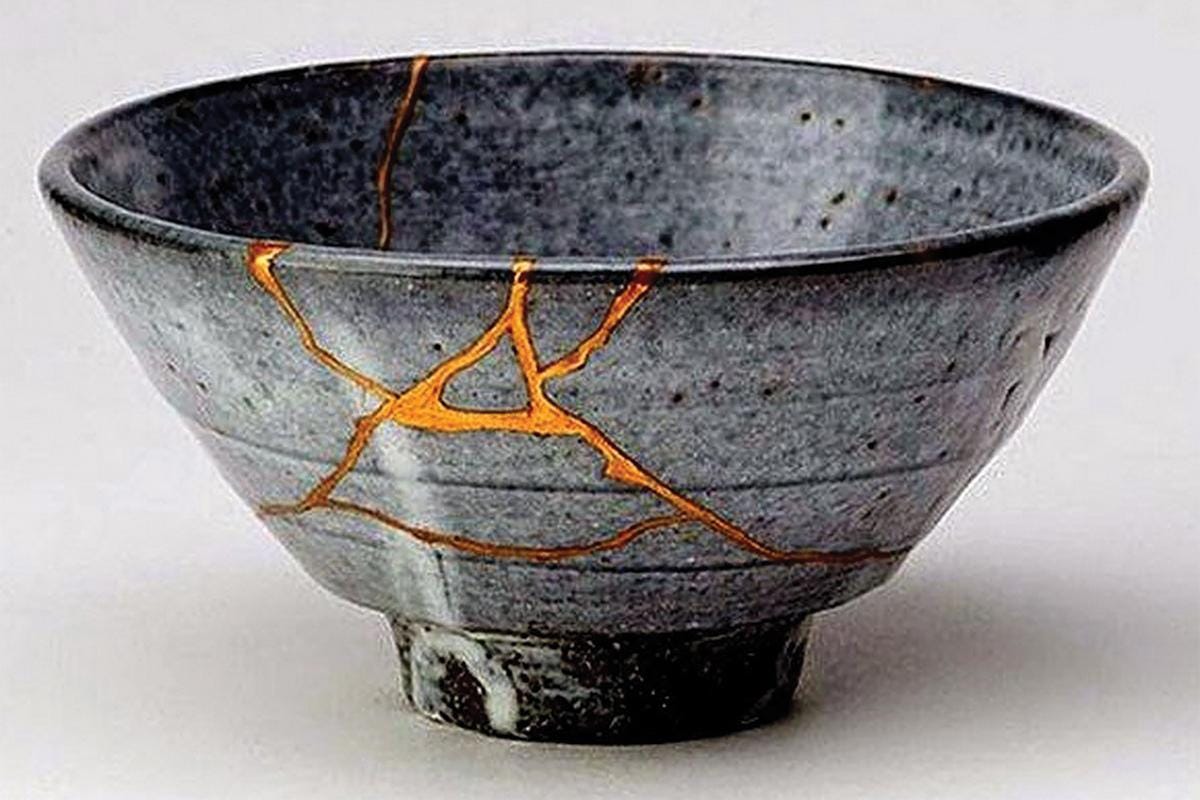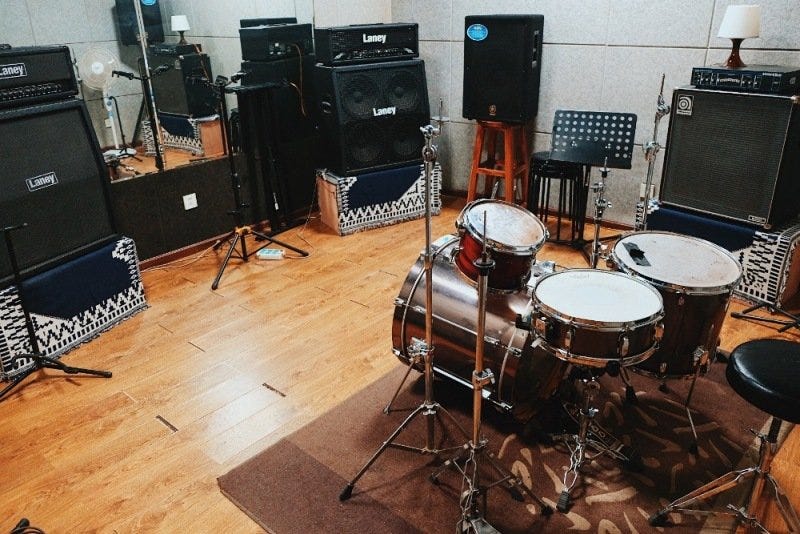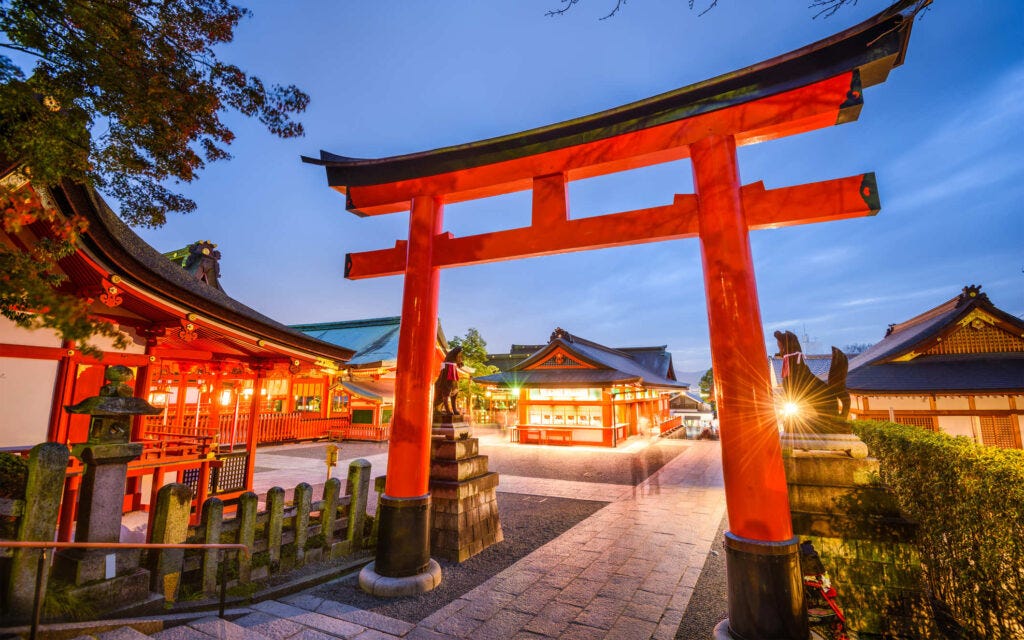The Office
I was talking with an engineering leader the other day and he was lamenting that no one wanted to work in the office. No matter what they tried, developers refused to come to the office. When asked why they should come to the office he said the usual things - productivity, accountability, velocity, collaboration.
Let me tell you what a developer hears when they hear the word office - commute, interruption, unhealthy food, distraction, meetings.
If you want developers to come to office, you have to give them something in return. Something that they can only find in office. Something that they will drag themselves through traffic for. And I can think only of one thing that can do this - mastery.
The office as the master's workshop
I see your offices and, dear engineering leader, I see your flinching from the responsibilities of mastery. If you had your way, would you come to this office you have built with its open-plan seating, meagre pantry, indifferent lighting and bare walls? This is what you want people to come here for?
Or do you want them to come to a shrine of knowledge? A workshop where they will find themselves on the path to their own mastery?
One of the things you might try is to actually spend some time with the people who come to office. They are hungry for the attention of the Master. Go team by team and work with them. It will spark a desire to be in the workshop more. Show them the way and be available for them. They are too shy to ask for this themselves.
The WeWork pandemic
I blame the pandemic. The WeWork pandemic. The temporary offices that no one can change, shape and mould to the shape of their own work. An office is a space where work happens, and the work that happens is shaped by the environment that encloses it. If it is not in the correct shape, the work will also be awkward, lopsided, mis-shapen. It will come from a wrong mindset. It will arrive diluted and spent already in this world.
No sir, the shape of your office should fit the work. Your people are bringing their energy, skill and intellect to this space and the space is making it dull, diffuse and impotent. An office is like a lens, refracting and reflecting the energy of its occupants. Use the mirrors wisely and you can get a concentration of attention focussed on your work. Use them poorly and watch those photons of attention disperse into space, achieving nothing.
And you cannot just take some plan that was designed for a 3000 person corporation – for interchangeable cogs in a corporate machine – and expect it to work for your bespoke group of talented and creative developers.
Open plan offices are, in reality, isolating. They force people to keep one eye on the work and one eye out for interruptions. They are neither designed for serendipity not for focus. They drain the introvert nerd.
Meeting rooms are contentious resources. Everyone needs them, and they are never enough.
Is it really that hard to build a space where people can focus when they need to and work together when they need to? It's not. You just need to want it. You need to realise just how critical this shape of the office is to getting good work done.
My dream office.
At the heart of the dream office is the library. It always shocks me how few technology companies have a library, and don't even get me started on librarians. The presence of books and a quiet place to read them is, in my opinion, catnip for the kind of developers you want. What kind of master programmer does not have a library. Books read over and over again, thumbed through, with notes, carrying with them the scars of the intellectual endeavours of those who came before.
People will be hypnotised by what is in their surroundings. The office then becomes a powerful vector for cultural transmission. These artefacts also set the frame for the conversations that break out even in informal settings.
Leave enough copies of DDIA lying around and soon you will have theoretically sound distributed systems engineers.
A programming shop without a library is like a carpentry workshop without sharpening stone. Your tools will blunt and there will be no place to sharpen them. And your work will be blunt as a result - inelegant, imprecise.
And deep inside this library, desks for focussed work and study. A quiet zone. A haven for uninterrupted cognition. Abutting the library, a social space – coffee machine and tables – but still quiet. A place to catch people getting out of their zone so you can ask them what they worked on. Help them make sense of it.
In the center of the office, the open plan area and along the other side the team areas. Not meeting rooms that teams use when they need them but actual rooms to fit 4-6 people and their tools and whiteboards. This is where the mess of creation happens. Papers, scribblings on desks, walls, whiteboards – the frenzy of the build – but ephemeral. Projects finish, teams disperse, the shop of Theseus abides.
None of this is expensive. Some bookshelves, some plants, tables and chairs you already have. Add some table lamps and some thoughtful lighting, for which the options are incredible right now.
It just needs the love and attention of the Master.
The office as social space
It's ok for everyone to not be in the office every day. But it's not ok to have any office where no one wants to come to. And one of the draws of the office are the people in it. The Master chooses his apprentices well, and so they all have no problem getting along. And as they work together, they will also do other things together. Eat. Study. Play sports. Find each other.
There are so many people complaining about loneliness, and you're having trouble getting people out of their homes and to the most social space they have at their disposal. A space designed for spending time together, working together and growing together. How is it that your people don't want this?
Is it because you're making this all about you? How about maybe taking a smaller space and just designing it better? How about bringing on board a real office admin - someone who sees the office as a space to be nurtured. How about giving your employees some autonomy, a small budget to spend as they deem fit on their working conditions.
The office as a vessel of culture
While we were building rBus, our designer and frontend developer would print out one funny, edgy, designy page every day and put them up. Over time the office became this smorgasbord of quotes and Ryan Gosling posters and so on and it really gave the whole space a sense of character. rBus didn't last long enough but I like to think that if it had, his work and love for the space would have reverberated through it for everyone that followed.
Physical spaces get scarred, they get spilt on, written on, singed, broken, fixed -
All of these events in the life of things give them 'character', which is nothing but a record of the things that happened. And while it might seem like no big deal, it is these things that give every place a sense of its own. A sense, one might even say, of history.
And it is this seasoned vibe – you can feel it in temples and churches and opera halls and dive bars of considerable vintage – that makes a place irresistible. Something subliminal tells us that this place is 'lindy', that it survives, it abides and it is worth preserving.
This excitement of the emotions is not possible in a WeWork, where you cannot even put a nail in the wall. A sense of place is one of the things that makes an office 'feel' good.
The office as practice room
Another analogy that works well for me is that of the startup as rock band and the office as the practice room.
If you've ever been in the practice room of a band that is tight and rocks hard, you will know what I am talking about. It is a technical place – a workshop if you will – and it is designed for maximum fun, for maximum flow, for maximum productivity and artistry.
Every band quickly figures out that getting the practice room right is one of the highest RoI things they can do. And once the place starts to cook - why it's pure music from then on.
So my question to you, dear engineering leader, is are you smarter than these guys?
Get your own office, do it up well.
Go on then. Build that shrine to work. The place where people want to come and bring their friends. The place where you host people on Friday night tech discussions and board game nights. The place that becomes the first and third place for your team.
End note
It's been a while since I wrote last. Thank you all for your patience as I bootstrap India's finest tech recruitment service. I promise I will write more regularly from now on. My work is to make work meaningful for developers through helping them find the right places to work and through guiding engineering leaders through their various challenges. Your subscription helps to support this work and I appreciate it very much.








